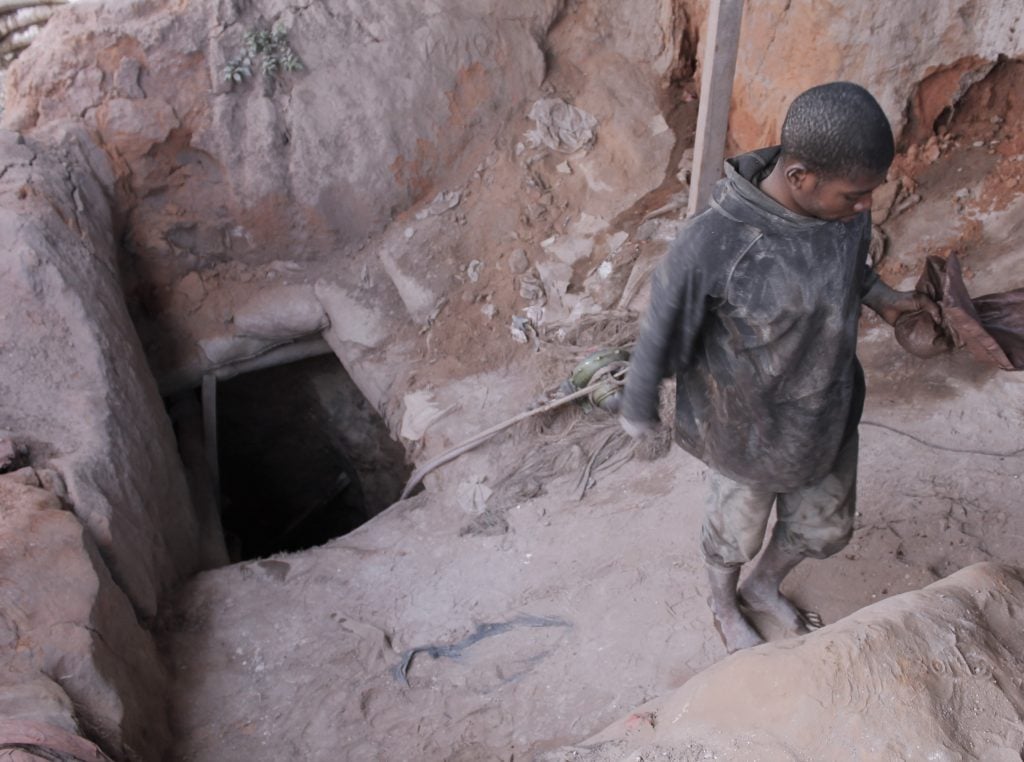According to the civil society leader, fundamental freedoms in the Republic of Congo have been curtailed in response to Covid-19, hindering the battle to ensure that the country’s abundant natural resources benefit the population.
In early April 2020, two days after our former president Jacques Joachim Yombi-Opango succumbed to Covid-19 in France, a state of emergency was imposed on the Republic of Congo in order to stem the spread of the virus.
Six months on, and with the number of infections still steadily rising, the fractures revealed by the disease in our society are now strikingly clear.
Indeed, Covid-19 has exposed the fragility of our economy and our health care, and highlighted the weakness of a political system plagued by corruption, bad governance and lack of accountability.
It has also been used as a pretext to limit freedoms and rights, and with the country now set on a presidential election in March 2021, the pandemic risks being used as a pretext to settle political scores.
Curtailed freedoms
A major consequence of the pandemic around the globe has been its restriction on peoples’ freedoms: the Centre for Political and Civil rights has documented how almost every country in the world has taken actions which limit civil and political rights: prioritizing “health over liberty” as Thailand’s Prime Minister, Prayuth Chan-Ocha, put it.
In the Republic of Congo, where civic space is already restricted, the consequences of this are blatant.
The measures taken to fight the virus have intensified human rights violations, and people have been subjected to arbitrary arrests and physical ill-treatment, including being whipped by the police for violating anti-Covid 19 measures. Journalists reporting on the virus have been intimidated or side-lined for doing their jobs.
Peaceful protests have also been prohibited: on July 23, for instance, a planned protest by civil society organisations supporting the call for medical treatment for imprisoned political opponent Jean-Marie Michel Mokok was banned by the prefect of Brazzaville.
Resilience
For those of us who have spent our working lives campaigning for greater public participation in political processes, the story of the last few months is all too familiar.
For years I have experienced harassment, arbitrary arrest and intimidation for speaking out on corruption and the misuse of oil revenues. In 2017 and 2018 my organization’s headquarters were ransacked and our computers were taken by the authorities. This doesn’t just impact our capacity to do our work, but our families, who are often traumatized by the threats hanging over their loved ones.
But I and my colleagues are far from alone in this.
As part of Publish What You Pay (PWYP) – the global movement working for transparency in the oil, gas, and mining sectors – my story is echoed by many others facing similar pressure from the authorities in their countries.
Black hole
In practical terms, the limits on travel and confinement over the past six months have reduced our ability to bear witness, and gather the testimony and evidence from remote communities, which is fundamental to improving how natural resources are governed in the Republic of Congo. In a society where electricity is a luxury and the internet expensive and sometimes difficult to access, working from home is a challenge.
The very idea of making the management of natural resources accountable and transparent would ipso facto help democratize political power. The strife that has plagued our country over the recent past has been rooted in the desire to control natural resources.
The Congolese economy is 90% supported by the extractive industry, and we are now paying the price for our mistakes, for our lack of vision, for we neglected to strike the iron while it was hot and failed to invest the wealth derived from our oil – or our other mineral resources and abundant tropical forests – in our health facilities or other basic social services.
Instead, for years oil money disappeared into a black hole of corruption or vanished through foreign companies’ abusive commercial practices.
Societies where good governance, accountability, and transparency flourish, and where citizens have a say in the decisions that affect their lives, are more resilient when faced with health and economic crises.
This is a lesson, which as the current clampdown on civil liberties shows, my country needs to urgently absorb.
- This is an opinion piece. The author Christian Mounzeo is the national coordinator of PWYP in the Republic of Congo and one of the main anti-corruption activists in his country.

